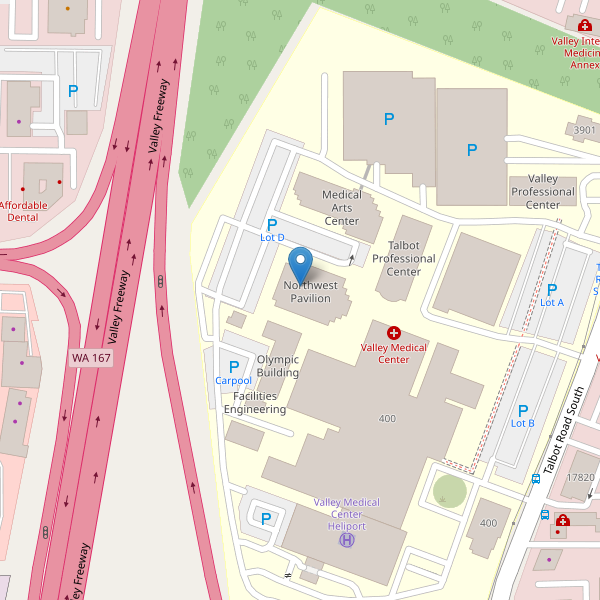Share your perspective and help improve the health of our community! We are conducting a Community Health Needs Assessment (CHNA) to help us better understand the health needs of the community our health system serves. Learn more and take the short survey.
Palliative Care Services
Palliative Care provides support for patients and families dealing with the stress and symptoms of a serious illness. The goal is to care for the whole patient including physical, emotional, psychological and spiritual needs, and to improve quality of life. The palliative care team may consist of doctors, nurses, registered dieticians, pharmacists, social workers, psychologists and/or a chaplain.
What is Supportive & Palliative Care?
Supportive & Palliative Care is specialized care for people with serious illnesses. Care focuses on providing patients with relief from the symptoms, pain and stress of a serious illness—whatever the diagnosis. The goal is to improve quality of life for both the patient and their family.
Palliative care is provided by a team who works together with a patient’s other doctors to provide an extra layer of support. It is appropriate at any age and at any stage in a serious illness and can be provided along with curative treatments.
Palliative Care: YOU Are a BRIDGE
The difference between hospice and Palliative Care services can be confusing. Palliative care provides assistance at any phase in the patient’s illness including during curative treatments, such as chemotherapy, surgery, transplants or radiation. Hospice care is focused on the last six months of life.
How Can Palliative Care Help You?
The Palliative Care team works hand-in-hand with other members of the care team to provide services that meet a patient’s specific needs including:
Identification of goals and wishes. Assisting patients and their loved ones with clarifying their goals of care and helping them work towards those goals. They also assist with decisions regarding treatment options or changes in the direction of care.
Prevention or relief of symptoms. Managing pain, nausea, constipation, depression and other symptoms caused by the disease or the side effects of curative treatment.
Emotional and spiritual care. Providing supportive counseling for patients and families and helping identify strategies to cope with the stress of a serious illness.
Advance care planning. Identifying and documenting patient’s values and preferences for future health care.
Information and resources. Facilitating communication and coordinating with patients, families and the care team to encourage open dialogue so everyone has the information needed to make important decisions.
Who Should Receive Palliative Care?
Palliative care is appropriate for anyone with a serious, chronic, or life-threatening illness including:
- Heart failure or advanced heart disease
- Stroke
- Kidney or liver disease
- Cancer
- Alzheimer’s disease or other dementia
- Chronic progressive lung disorders
- Chronic & life-limiting injuries from accidents or other forms of trauma
The Palliative Care team is available for admitted patients. There is limited availability in the Supportive and Palliative Care outpatient clinic.
Improving Quality of Life for Patients & Families
In this video, Valley's supportive and palliative team care address the following questions:
- What is palliative care?
- What types of patients does your team?
- What services does your team provide?
- When should patients ask for palliative care?
- How can patients and their loved ones advocate for themselves if they have a serious or terminal medical condition?
- Who can see a chaplain?




